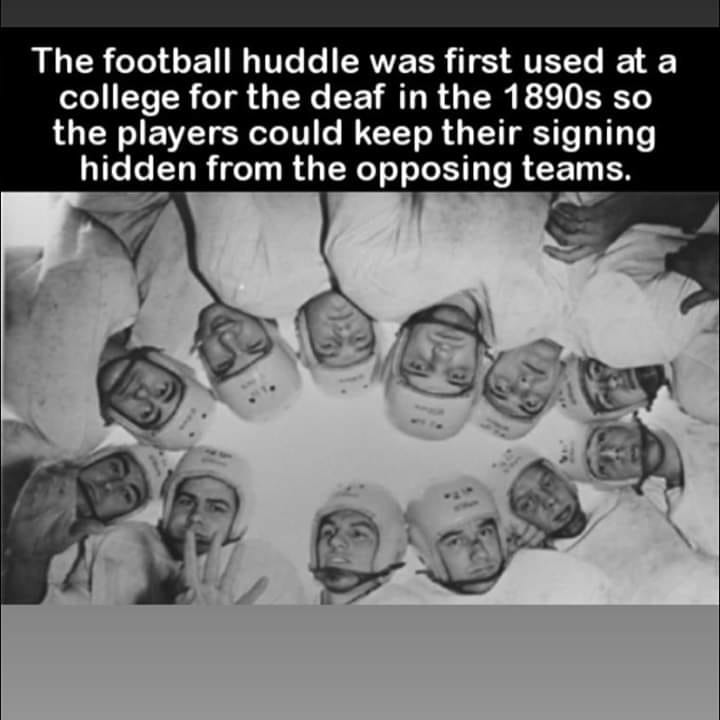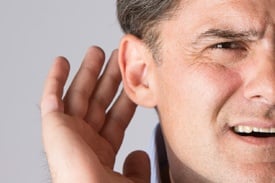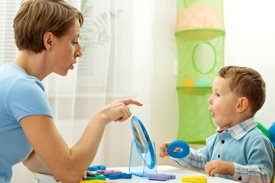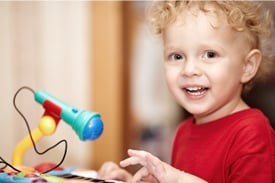You may find it challenging to access beneficial resources that allow you to properly care for your loved one. We have researched some at-home activities that encourage communication for adults who are recovering from a stroke or maintaining skills after a neurodegenerative diagnosis. These morning activities consist of routines that get you both up and moving and allow for independent participation.
Sharon Dundee

Recent Posts
Morning Communication Activities at Home
Tags: Speech, Language, Communication, Support, Caregiving, Brain Injury, Voice, talking, Speech therapy, Stroke recovery
International Stuttering Awareness Day
October 22nd is International Stuttering Awareness Day. Stuttering affects more than 70 million people worldwide - which is about 1% of the population. In the United States, that's over 3 million Americans who stutter. Approximately 5 percent of all children go through a period of stuttering that lasts six months or more. Three-quarters of those will recover by late childhood, leaving about 1% with a long-term problem. The best prevention tool is early intervention, and Gabby’s story is a perfect example…
Deaf History Month - Facts and Resources
National Deaf History Month is celebrated from March 15 – April 15. It recognizes contributions of deaf and hard of hearing (HoH) people, as well as highlighting the various forms of communication chosen by deaf and HoH individuals – including American Sign Language (ASL). For example – did you know that the football huddle we use today was first started at a college for the deaf in the 1890s so the players could keep their ASL signing hidden from the opposing team?
Tags: Communication, Deaf, Hard of Hearing, Interpreting, ASL Interpreter
What is Aphasia?
Aphasia is a language disorder resulting from an injury to the brain, such as a stroke or head trauma. Aphasia involves varying degrees of communication difficulties in these areas:
Spoken Language Comprehension - otherwise known as “Receptive Language” or “Auditory Comprehension.”
Symptoms may include:
Tags: Speech, Language, Communication, Support, Stroke, Brain Injury, talking
May is Better Hearing & Speech Month
Did you know…
- An estimated 40 million Americans experience speech, language, and/or hearing disorders.
- The second most common reason for special education services in public schools is speech/language impairment.
- 36 million American adults report so
Tags: Speech, Hearing Aid, Audiology, Language, Hearing Aids, Communication, Hearing, reading, literacy, Hearing Loss Prevention, Teens, Support, Caregiving, Hearing Loss, Stuttering, Learning, Voice, toddler, talking, Autism
Stroke Survival: When Speech and Language are Affected
Tags: Speech, Language, Communication, Stroke, Learning, Voice, talking
Why Are My Ears Ringing?
The medical term for the perception of sound when no external sound is present is tinnitus. It is often referred to as “ringing in the ears,” although some people may hear a hissing, roaring, whistling, chirping, or clicking sound. Tinnitus may be constant or intermittent and may occur in both ears or just one.
Tags: Hearing Aid, Audiology, Hearing Loss, "tinnitus"
Can You Understand Your Child's Speech?
It’s common for most children to make some mistakes as they learn to say new words. Different sounds are mastered at different ages. Consistent, correct sound production will vary from child to child. When mistakes continue past a certain age, that’s when it's considered a speech sound disorder. Speech sound disorders include problems with articulation (pronouncing sounds correctly) and phonological processes (errors with sound patterns).
Tags: Speech, Language, Communication, Voice, toddler, talking
Why Should I Read to My Toddler?
Reading aloud is an important way to help your child make the transition from infancy into their toddler years. Between the ages of 1 and 3, your child will have triumphs and challenges. Studies show that children with an active exposure to language have social and educational advantages over their peers - and reading is one of the best ways to expose your child to language.
Tags: Speech, Language, Communication, reading, literacy, Learning, toddler
How Hearing Loss Affects Speech-Language Development
Children learn to talk by listening to those around them. The first few years of life are a critical time for speech and language development. Children must be able to hear speech clearly in order to learn language. Fluctuating hearing loss due to repeated ear infections might mean the child doesn't hear consistently and may be missing out on critical speech information. Permanent hearing loss will also affect speech and language development, especially if it is not detected early. The earlier hearing loss is identified and treated, the more likely the child will develop speech and language skills on par with children who aren’t experiencing hearing issues.
Tags: Speech, Hearing Aid, Hearing Aids, Communication, Hearing, Deaf, Hard of Hearing, Hearing Loss, Learning, Voice, toddler, talking



















